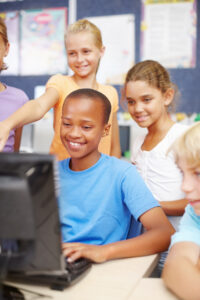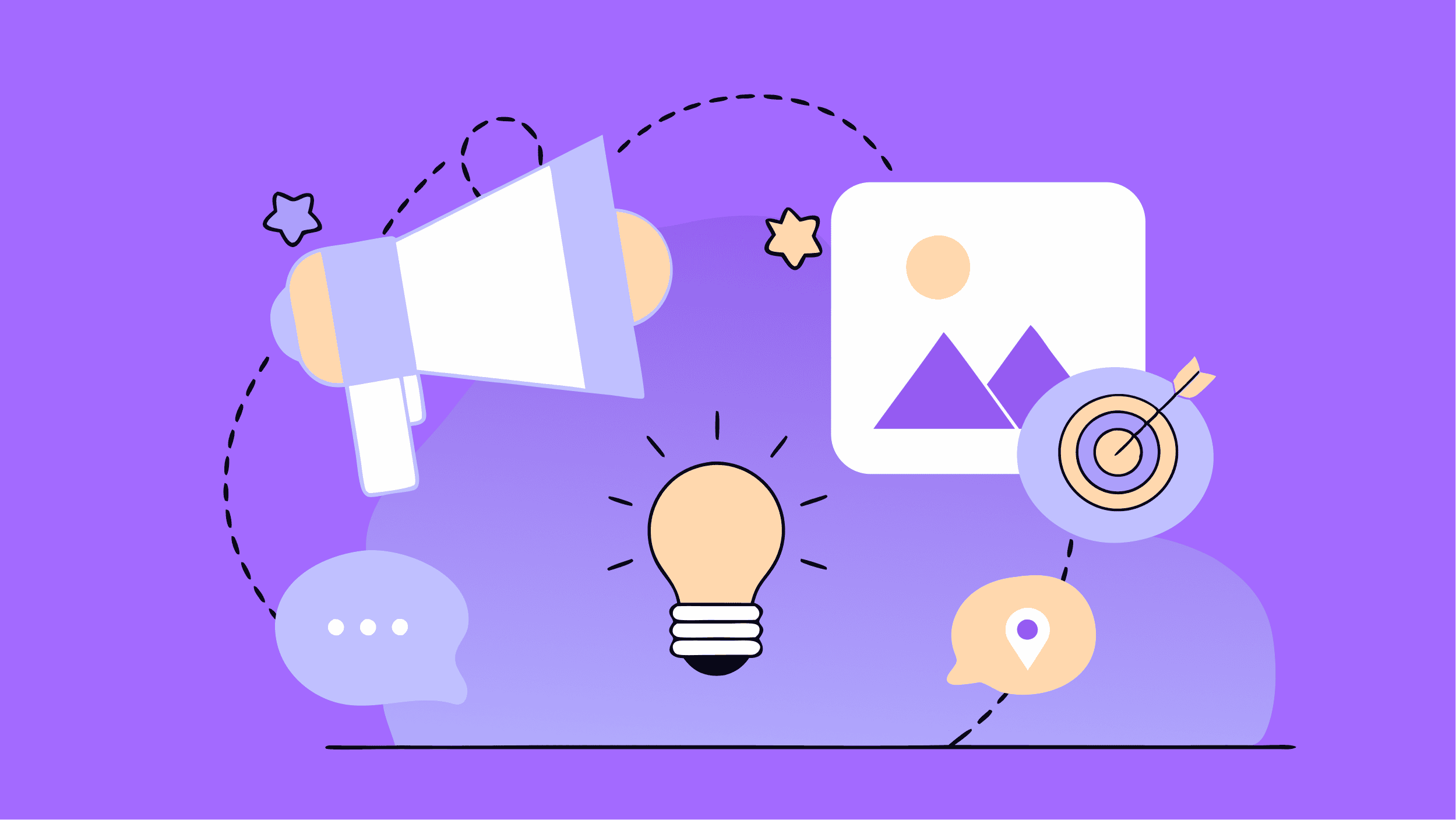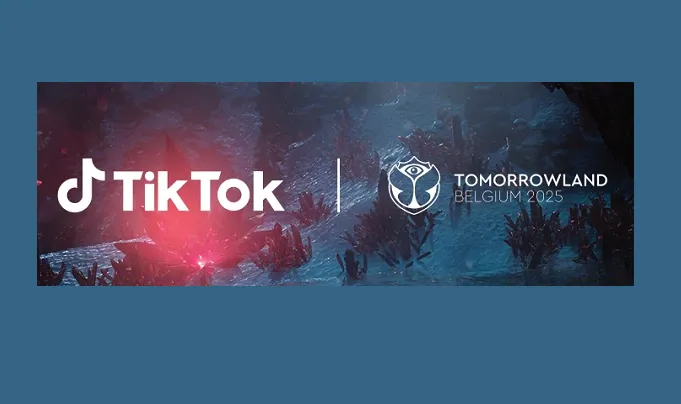The Need to Nurture Good Human Skills
We all know school is about so much more than just academic learning. Yes, the knowledge gained in reading, math, history, science, writing and the like is important. The academic foundation gives them the necessary tools to keep learning...

We all know school is about so much more than just academic learning.
Yes, the knowledge gained in reading, math, history, science, writing and the like is important. The academic foundation gives them the necessary tools to keep learning and growing their brain power.
But school also helps children develop socially and emotionally. Interacting with classmates, teachers, and staff lets them practice important people skills like communicating well, working together, solving conflicts, and understanding others’ perspectives. Every day brings new opportunities to learn how to be responsible, disciplined, and part of a community.
Then there are all the fun “extras” that aren’t really extras at all. Sports teams, art clubs, music groups, and more let kids explore interests and talents outside of academics, nurturing well-rounded individuals.
In short, school isn’t just about filling kids’ heads with facts. It’s to help prepare them for life as a whole, giving them skills to navigate relationships, society, and find purpose beyond the classroom.
The Future Requires Good Human Skills
Through these activities, kids also have the opportunity to gain crucial skills for their future in the workforce, such as time management, meeting deadlines, following instructions, and taking responsibility for one’s work. Extracurricular activities like student government, school clubs, and part-time jobs provide opportunities to develop leadership, teamwork, and organizational abilities that employers highly value.
Yes, technical skills and credentials still matter. But as Fortune reported about a recent report on employment trends, in our current age of AI and rapid technological change, “Nine out of 10 global executives LinkedIn surveyed think that ‘human’ skills are more important than ever.”
“As organizations come to grasp the full extent of what AI can do, they’re also coming to terms with all that it can’t do – those tasks that require the uniquely human skills that all businesses need,” warns Dan Brodnitz, global head of content strategy at LinkedIn Learning.
Those skills include many that can be effectively nurtured through programs like Yoga Calm, with our one-of-a-kind blend of mindful movement and social-emotional learning – skills such as communication, leadership, teamwork, and problem-solving.
Teaching Human Skills with Yoga Calm
We actually looked at this some a while back with respect to the challenges of AI in particular. As we wrote then,
In a world increasingly influenced by machines that cleverly simulate thinking, the most valuable skills may not be technical at all. The critical task of imparting social and emotional intelligence is more important than ever. These are uniquely human capabilities no algorithm can replicate.
While machines grow “smarter” at astonishing rates, human qualities like empathy, ethics and creativity remain firmly out of their reach. As AI proliferates, schools must double down on nurturing students’ socio-emotional development – teaching “how to be human” in an age of quasi-intelligent robots. The distinctly human skills of critical thinking, cooperation, and compassion become more vital than ever.
Simple social-emotional games and activities that can be woven into the natural course of the school day are a great way to reinforce these human skills in ways that the kids find fun and engaging. At the same time, they can help create and sustain an environment in which academic learning can happen more effectively. Here’s Lynea teaching one of these activities, The Friendship Game, as a way to help children improve their communication skills:
(That clip, by the way, is from our online, on-demand Yoga Calm training, which can be taken independently or as progress toward becoming a Certified Yoga Calm Instructor. You’ll find info on the individual courses here and on certification here.)
Notably, these are also skills that most parents want their children to learn. Although some may bristle at terms such as “SEL,” polling has shown broad parental support for the skills that such programs support, regardless of political affiliation. They understand that it helps them become better humans.
And that’s something that’s just as important at home and in school as it is when kids have become adults, making lives for themselves.

 Astrong
Astrong 
































